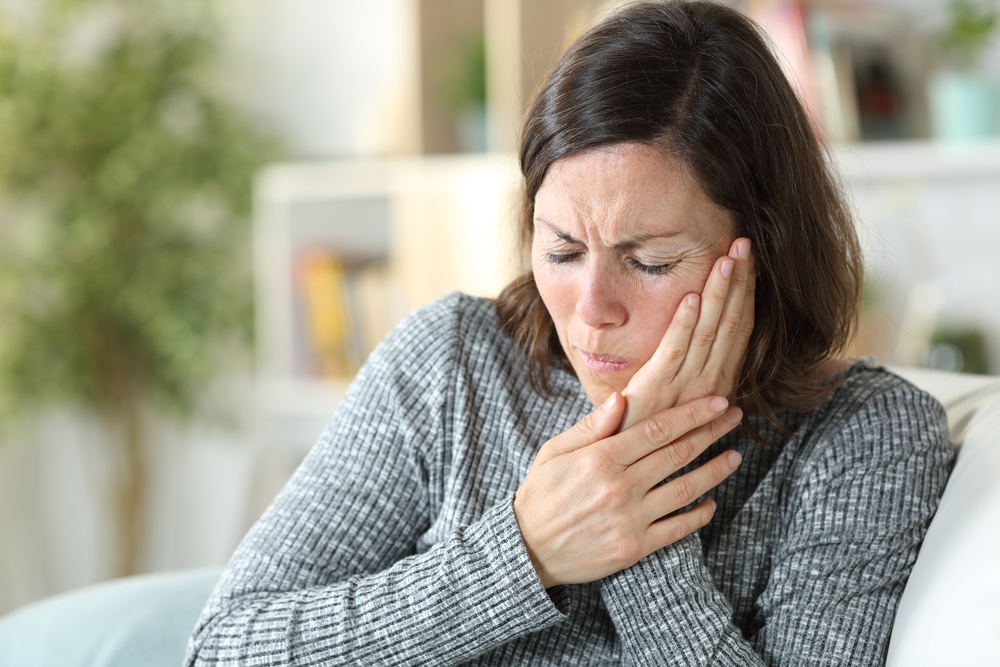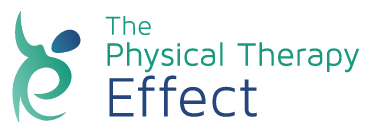Why Is My Jaw Popping?
Apr 15, 2024

Teeth grinding, or bruxism, is a common condition that may cause jaw popping or headaches. There are many reasons you might grind your teeth and addressing the cause can help reduce its effects.
What Is Jaw-Popping?
Jaw popping, also known as temporomandibular joint (TMJ) popping, is characterized by a clicking or popping sound that occurs when opening or closing the mouth. This phenomenon can be accompanied by sensations of stiffness or discomfort in the jaw joint. Jaw popping is often a symptom of TMJ dysfunction, which can result from various factors such as misalignment of the jaw, muscle tension, or trauma to the joint.
Understanding Bruxism
Bruxism refers to the habitual clenching or grinding of teeth, typically occurring during sleep. This condition can lead to a range of symptoms, including worn-down teeth, jaw pain, headaches, and facial muscle discomfort. Bruxism can be classified into two types: awake bruxism, which occurs during waking hours and is often associated with stress or anxiety, and sleep bruxism, which occurs during sleep and is frequently attributed to factors such as sleep disorders or abnormal bite alignment.
The Connection Between Jaw Popping and Bruxism
While jaw popping and bruxism may seem like distinct issues, they are often interconnected. In many cases, bruxism can contribute to TMJ dysfunction, leading to symptoms such as jaw popping, clicking, or locking. The repetitive grinding or clenching motion places excessive strain on the jaw joint and surrounding muscles, potentially causing inflammation and dysfunction.
Managing Jaw Popping and Bruxism
Effective management of jaw popping and bruxism typically involves a multifaceted approach tailored to the individual’s specific needs.
Custom Mouthguards
Mouthguards can help protect teeth from damage caused by bruxism and alleviate symptoms associated with TMJ dysfunction. These devices are designed to cushion the teeth and prevent excessive wear during grinding episodes. If you are going to use a mouthguard, it’s crucial to opt for a custom-fitted guard from a dental professional. They are precisely tailored to align with the wearer’s bite, and therefore can more effectively address alignment issues contributing to TMJ Dysfunction. In contrast, over-the-counter alternatives often provide improper fit, leading to uneven wear patterns and exacerbating symptoms. Investing in a custom-fit night guard ensures optimal comfort, effectiveness, and long-term management of TMJ Dysfunction.
Stress Management
Since stress and anxiety are common triggers for bruxism, stress-reduction techniques such as relaxation exercises, mindfulness meditation, or counseling may help alleviate symptoms. Learning to manage stress effectively can also reduce muscle tension and jaw clenching.
Physical Therapy
Physical therapy techniques, including jaw exercises, manual therapy, and stretches, can help improve jaw mobility, reduce muscle tension, and alleviate TMJ-related symptoms. A physical therapist specializing in TMJ dysfunction can develop a personalized treatment plan to address specific issues and improve overall jaw function.
Sleep Hygiene
Practicing good sleep hygiene habits, such as maintaining a regular sleep schedule, creating a relaxing bedtime routine, and optimizing sleep environment conditions, can help reduce the frequency and severity of sleep bruxism episodes. Additionally, addressing underlying sleep disorders, such as sleep apnea, may help alleviate bruxism symptoms.
Dental Interventions
In some cases, dental interventions such as orthodontic treatment or occlusal adjustments may be recommended to correct bite abnormalities or restore proper jaw alignment. These interventions aim to address underlying structural issues contributing to jaw popping and bruxism.
Contact Us
Jaw popping and bruxism are common conditions that can have a significant impact on oral health and quality of life. By understanding the underlying causes and implementing appropriate management strategies, you can effectively alleviate symptoms, prevent dental complications, and improve overall jaw function. If you’re experiencing persistent jaw popping, teeth grinding, or related symptoms, don’t hesitate to contact us at info@pteffect.com. Together, we can work towards a pain-free, more mobile life.
For informational purposes only.











